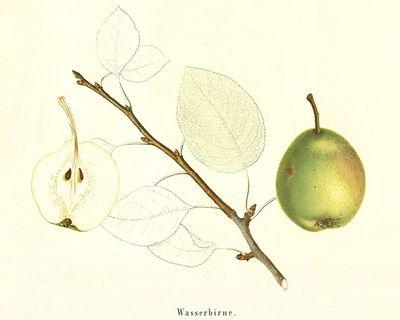AtlasSlow FoodMaria Jose Castañeda Valbuena, Emma Kaufmann LaDuc, Xiang Lin, and Nabila Larasati Pranoto
Food Cultures for a Planet in Crisis
Slow Food is a revolution, a social reform, a transformation of our attitudes about food and eating. Within its manifesto, the movement calls for the safeguarding of local economies, the preservation of indigenous gastronomic traditions, and the creation of a new kind of ecologically aware consumerism committed to sustainability. On a practical level, it advocates a return to traditional recipes, locally grown foods and wines, and eating as a social event. The effects reach beyond the table and onto to the field, preserving the plants and seeds, the animals and practices of bioregional farming.
Founded in the 1980s in Italy as a response to the accelerating fast food industry, Slow Food returns to the local and natural processes by which food is grown and produced. Thus, it is a reaction to the large-scale, intensive production defining industrial agriculture and its spread through neoliberal globalisation. Reframing the agrarian question, the movement calls to regionalise and humanise our food and agriculture systems for a planet in crisis.
